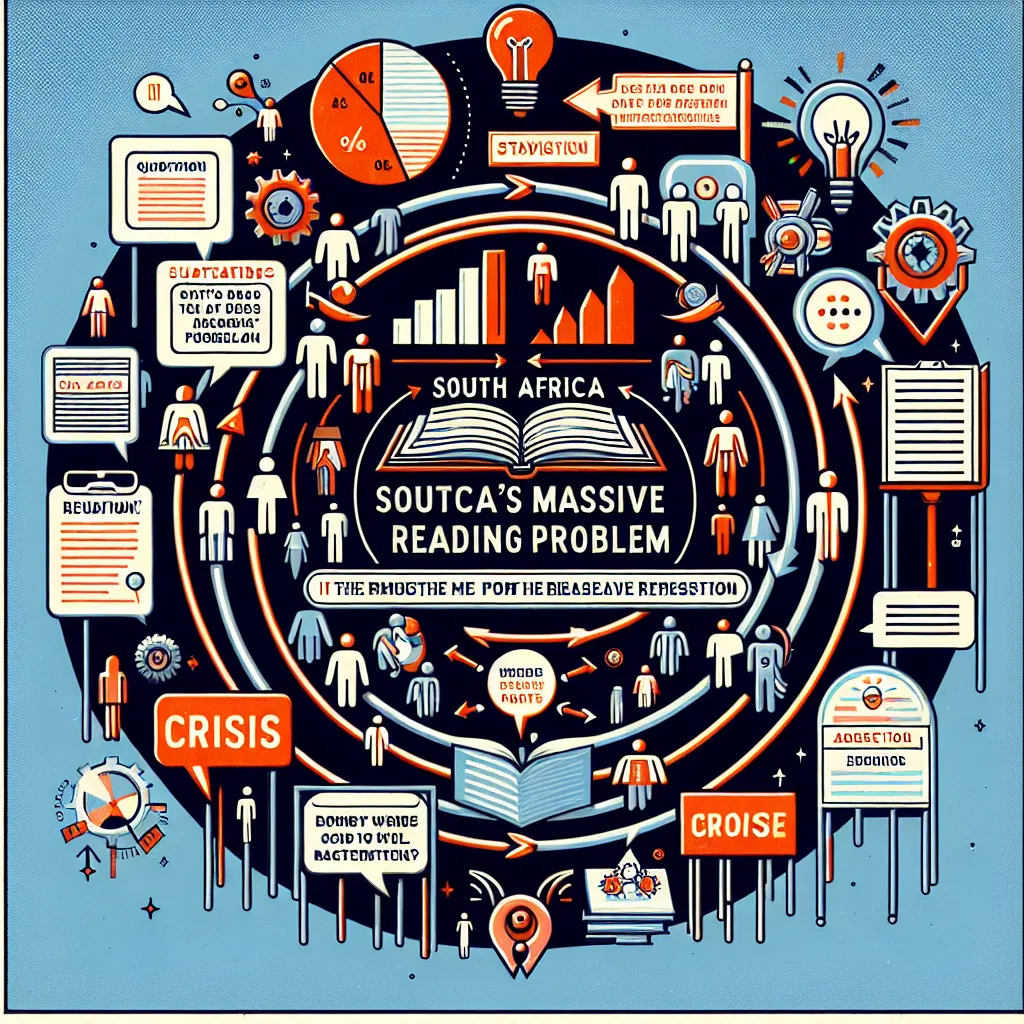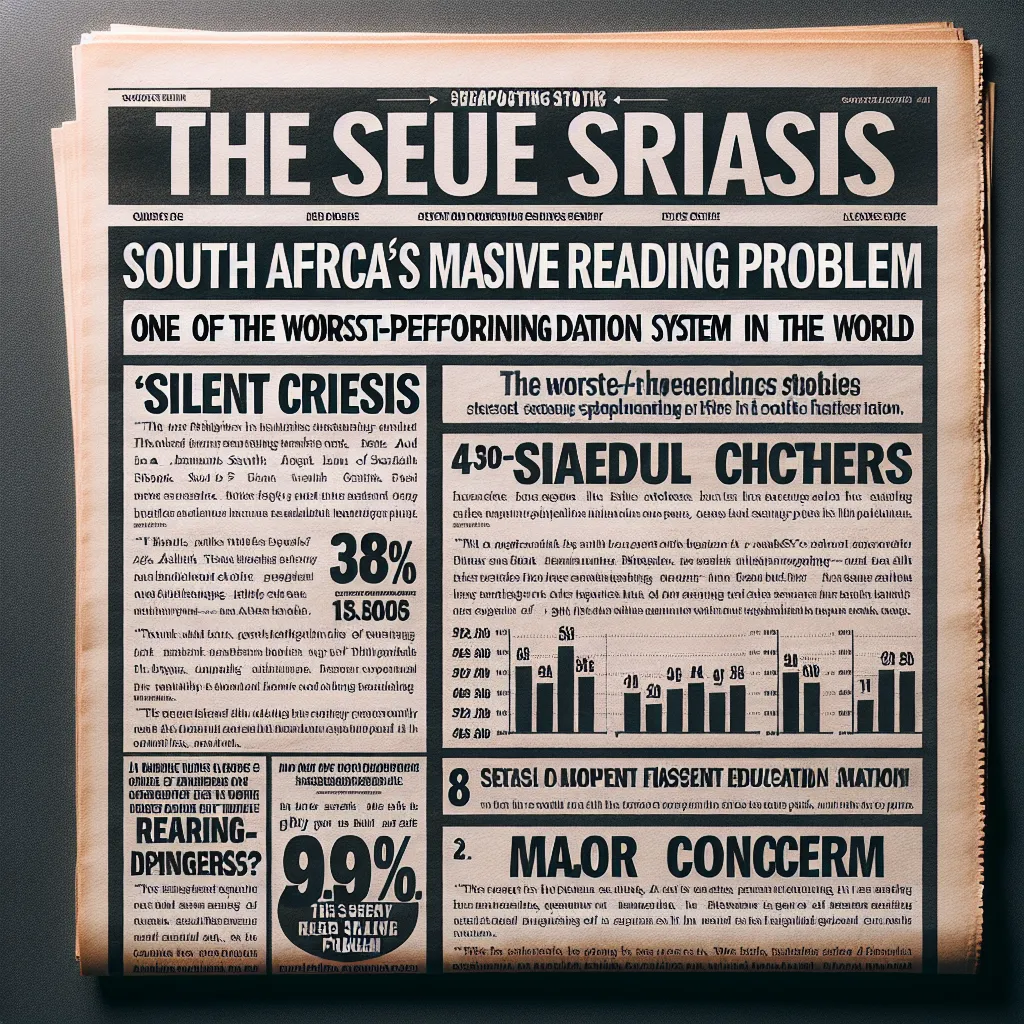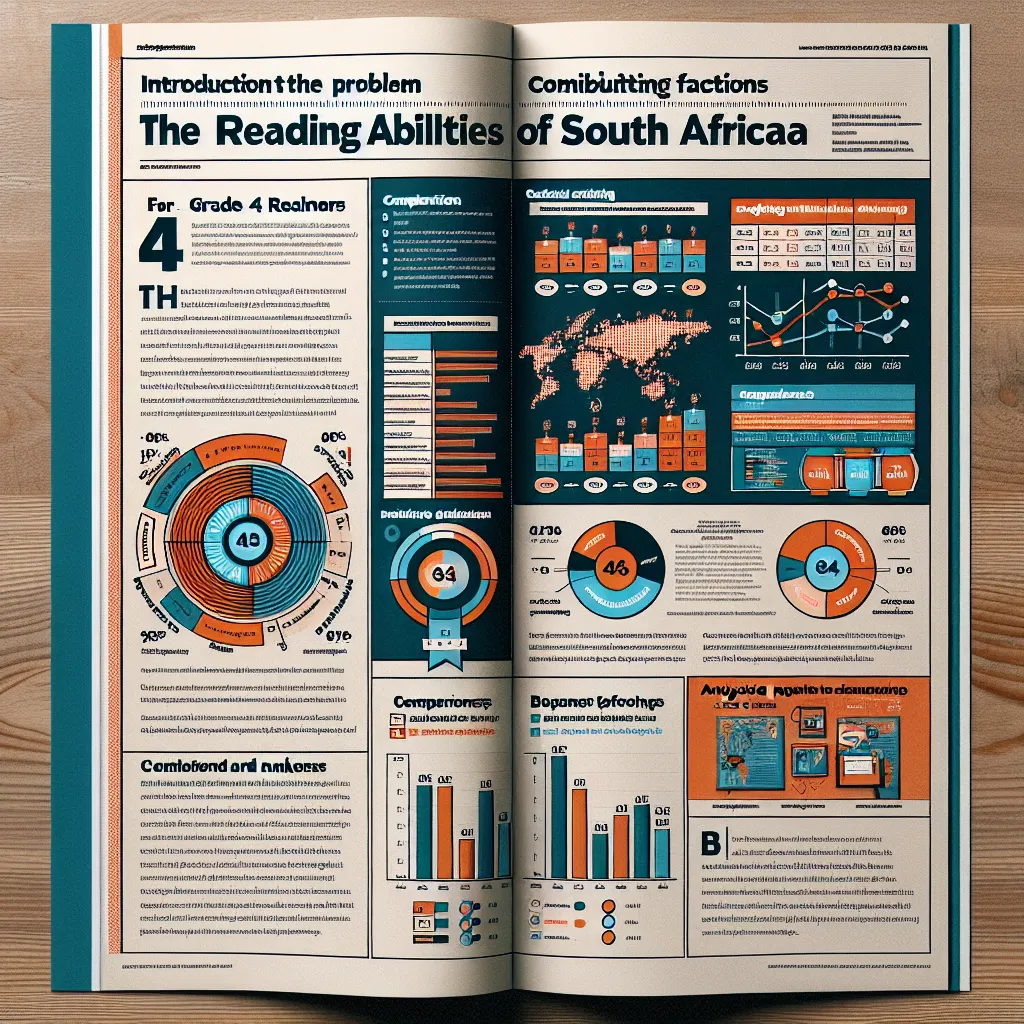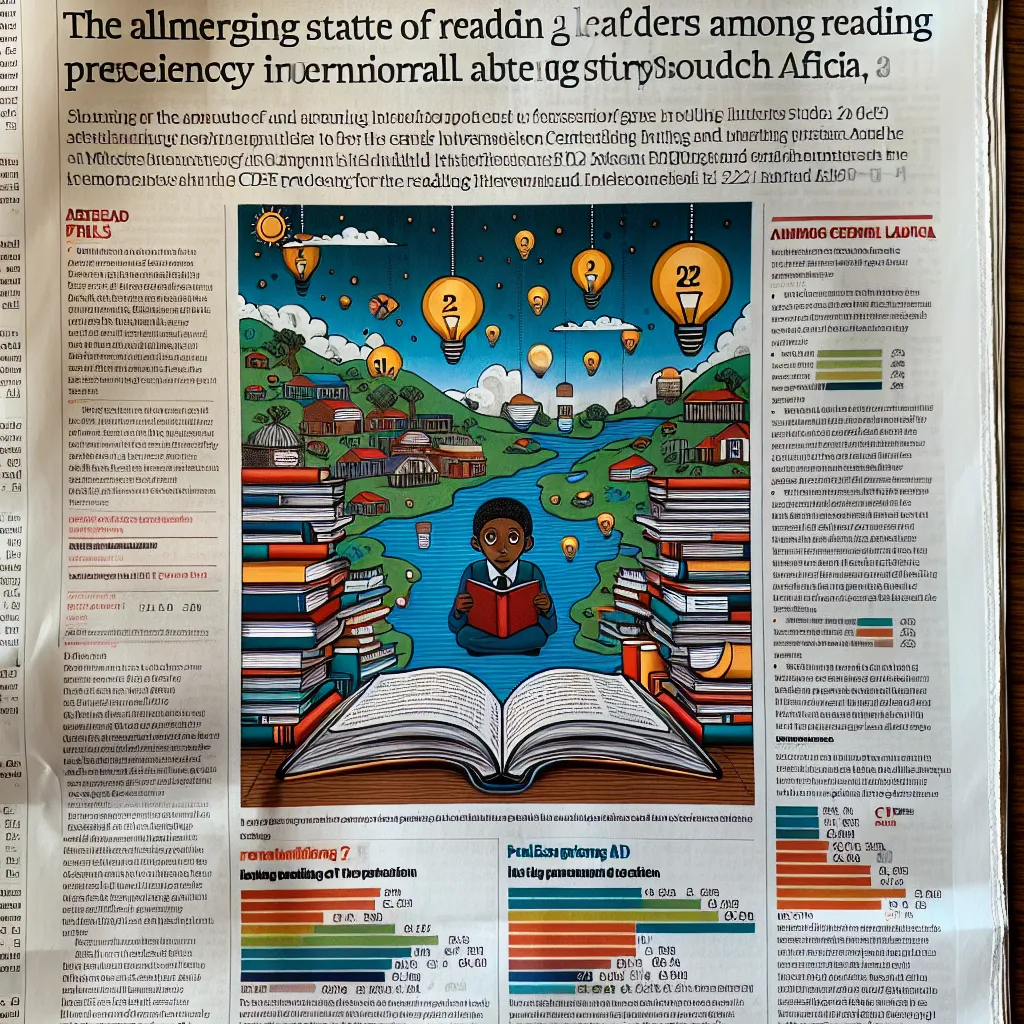Ask AI on The Internet
Question: In an essay of 1000 to 1200 words, write a detailed discussion on how the writer has used diction and register for the purposes of persuading the reader that interventions are required to reverse learning losses after the COVID-19 pandemic. with in-text citations and references MEC David Maynier launches #BackOnTreack campaign# 11 May 2023 Massive R1.2 billion #BackOnTrack campaign launched to reverse learning losses in the Western Cape Today we launched the #BackOnTrack programme, which is a big, bold intervention to reverse Covid-19 learning losses in the Western Cape. The pandemic is over, but the effect of the pandemic is not over. Earlier this year, we released our 2022 systemic test results for Mathematics and Reading, which confirmed that during the pandemic, learning outcomes fell off a cliff. We simply cannot say that a child is receiving quality education if more than half of our Grade 3, 6, and 9, learners cannot achieve the basic pass score for Mathematics and Reading. And we expect the results of the Progress in International Reading and Literacy Study 2021, due to be released next week, to show learners across our country are facing the same challenge. We have to act, and we have to act decisively, and we have to act in a way that has impact in order to deal with what is a full-blown learning crisis. This is why we are investing a massive R1.2 billion into our #BackOnTrack programme over the next three years, to improve learning outcomes so that our children have a better future in the Western Cape. The programme marks a big change from ‘business as usual’ in our schools. The scale of the programme is unprecedented: 333 schools have been selected to receive targeted support based on the systemic test results, in addition to the 1 100 schools already receiving extra support in the Foundation Phase since 2022. 4 The new schools selected will identify 126 000 learners, 8 980 teachers and 28 000 parents targeted for focussed participation, in addition to the 310 000 learners and 10 000 teachers already participating in the Foundation Phase. All school phases are covered, with all grades in the Foundation Phase, and Grade 4 in the Intermediate Phase, Grades 7 and 8 in the Senior Phase, and Grades 10 and 12 in the Further Education and Training Phase, targeted. All stakeholders in learning are being supported simultaneously, recognising that we can all make a contribution towards improving learning outcomes. We’re using a variety of teaching, learning and support methods, both in person and online. For example, we will be taking some of our Grade 4, 7 and 8 teachers out of class every ten days, for targeted support. And our Grade 12s will participate in biweekly online afternoon sessions with expert presenters in a wide range of subjects. We will be applying tried and tested methods in grades where they have not previously been used. For example, where Saturday classes were previously used for matrics in preparation for their exams, Grades 4, 7 and 8 will now have #BackOnTrack classes on Saturdays. The #BackOnTrack programme complements and builds on existing programmes. We are entrenching previously successful interventions that have been shown to work, including as proven eLearning platforms like the Maths Curriculum Online programme in the Foundation Phase, while introducing new ways of teaching and learning. And the allocation of extra time for Mathematics and Reading within the school day in the Foundation Phase, which we piloted in the Western Cape last year, has now been recommended across the country and will continue for our youngest learners. The programme is designed to incorporate feedback and change over three years. We have invited principals and teachers of the participating schools to let us know what works, what needs more work, and how we can build the best possible interventions we can. And finally, the programme will be closely monitored through the #BackOnTrack War Room, the first of which will be held on Friday, 12 May 2023. Every two weeks, officials from across the province will provide updates and feedback, and work together to resolve challenges, as we move through the programme. A tremendous amount of work has gone into getting this massive programme off the ground. 333 principals have already been briefed, and 2 554 teachers have already attended briefing and training sessions. The reception from the principals and teachers in the run up to the launch has been outstanding, and we look forward to their continued support and feedback. And we invite all residents of the Western Cape to support us on this journey and make the choice to invest in our children’s futures. Let us all work together to get our children #BackOnTrack! https://www.gov.za/speeches/mec-david-maynier-launches-backontrack-campaign-11-may-2023-0000
In an address delivered on May 11, 2023, MEC David Maynier launched the #BackOnTrack campaign in the Western Cape, a comprehensive, multi-faceted intervention designed to reverse learning losses attributed to the COVID-19 pandemic. This essay will provide a detailed discussion on how the writer—David Maynier—uses diction and register to persuade his audience of the urgent need for such interventions. MEC Maynier begins his address with a clear, assertive statement: "Today we launched the #BackOnTrack programme, which is a big, bold intervention to reverse Covid-19 learning losses in the Western Cape." The use of adjectives such as "big" and "bold" immediately conveys the gravity and scope of the issue, setting a tone of urgency and proactive response. These words are strategically chosen to evoke a sense of determination and commitment from both the government and the audience, underscoring that mediocrity and half-measures are not options. In discussing the impact of the pandemic on education, Maynier reinforces the severity of the situation by stating, "We simply cannot say that a child is receiving quality education if more than half of our Grade 3, 6, and 9 learners cannot achieve the basic pass score for Mathematics and Reading." The phrase "fell off a cliff" is particularly striking here, painting a vivid picture of a dramatic and precipitous decline in performance. This metaphor underscores the utter disruption caused by the pandemic, making the need for remedial action glaringly obvious. Maynier's diction also carefully balances alarm with reassurance. The repetition of action-oriented verbs like "act decisively," "deal," and "investing" conveys an assertive and solution-focused approach. This juxtaposition of problem identification with immediate, concrete steps for redress establishes credibility and builds trust with the audience. Such diction allows Maynier to galvanize his audience by clearly framing the issue at hand while simultaneously presenting a pathway forward, thereby reducing feelings of helplessness or despair. The magnitude of the campaign is further emphasized with data and specific figures: "The scale of the programme is unprecedented: 333 schools have been selected to receive targeted support... 126,000 learners, 8,980 teachers, and 28,000 parents targeted for focussed participation." The use of precise numbers and terms like "unprecedented" and "massive R1.2 billion investment" serves to highlight both the comprehensiveness and the financial commitment involved, portraying the intervention as a well-planned, well-funded, and robust operation. This calculated choice in diction underscores the government's commitment and the seriousness with which it treats the issue, thereby working to persuade stakeholders of the campaign’s anticipated effectiveness. The narrative is further bolstered by Maynier’s use of inclusive language, as seen in phrases like "We’re using a variety of teaching, learning, and support methods," and "We have to act, and we have to act decisively." This inclusive diction serves to unite the various stakeholders—teachers, parents, students, and the broader community—under a common cause, thus fostering a sense of shared responsibility and collective effort. By frequently using "we," Maynier ensures that no reader feels isolated or detached from the campaign, but rather, an integral part of the remedial process. Furthermore, the register employed by Maynier is notably formal and authoritative, but accessible. Formality is maintained through structured and clear language, which is critical for addressing an intervention of such scale and importance. However, accessibility is achieved through straightforward terms and realistic scenarios, such as, "The pandemic is over, but the effect of the pandemic is not over." This balance in register ensures that while the communication is taken seriously, it is also understandable and relatable to a broad audience, thus enhancing the persuasive appeal. An important aspect of Maynier's strategy in persuasion lies in his forward-looking optimism: "We are entrenching previously successful interventions that have been shown to work... introducing new ways of teaching and learning." This hopeful yet practical tone encourages the audience to believe not only in the necessity but also in the viability and potential success of the campaign. The optimistic outlook is key in driving public support and engagement, ensuring that the narrative is not merely one of crisis, but also of opportunity and betterment. Maynier’s address is also punctuated by repeated calls to action: "We invite all residents of the Western Cape to support us on this journey and make the choice to invest in our children’s futures." This call to collective action reinforces the urgency and importance of the issue, while encouraging active participation and support from the community. By framing the campaign as a crucial investment in the future, Maynier appeals to both rational self-interest and communal responsibility, leveraging both to galvanize his audience. In conclusion, through strategic use of diction and a carefully balanced register, MEC David Maynier effectively persuades his audience of the critical need for the #BackOnTrack campaign. His calculated choice of assertive yet inclusive language, his clear articulation of both the problem and the detailed solutions, alongside an optimistic and forward-looking tone, work together to compellingly argue for immediate and comprehensive interventions in reversing COVID-19-related learning losses. The address not only educates and informs but also mobilizes and inspires collective action, thus exemplifying powerful and effective public sector communication. **References** Maynier, D. (2023). MEC David Maynier launches #BackOnTrack campaign. [online] Available at: https://www.gov.za/speeches/mec-david-maynier-launches-backontrack-campaign-11-may-2023-0000 [Accessed 11 May 2023].
Think your answer is better than the AI's? Post it below.
Question Tags
If you want your question answered by an AI, click here.







Post your own comment: